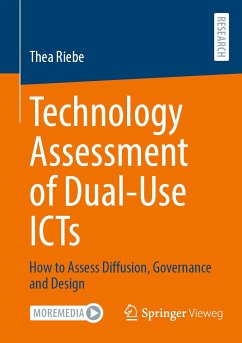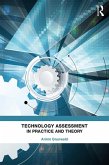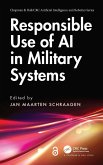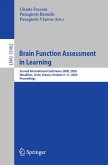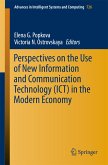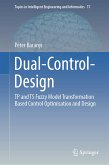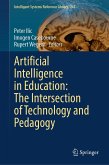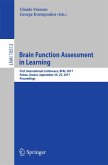Information and Communication Technologies (ICTs) are important to human, national, and even international security. IT research, artifacts, and knowledge that can be applied in military and civilian contexts, used as part of weapon systems, or cause significant harm are referred to as dual-use. Advances in artificial intelligence (AI), robotics, cybersecurity, and open source intelligence (OSINT) raise questions about their dual-use risks. But how can dual-use of such disparate technologies be assessed? Case studies are still lacking on how to assess dual-use ICT and how to enable sensitive and responsible dual-use design. To address the research gap, this cumulative dissertation uses Technology Assessment (TA) as an epistemological framework to bring together approaches of Critical Security Studies (CSS) as well as Value Sensitive Design (VSD) from the field of Human-Computer Interaction (HCI). As a result, the dissertation systematizes the dual-use risks and scenarios of the selected ICTs and derives organizational and design implications.
About the author:
Thea Riebe is a post-doctoral researcher at the Chair of Science and Technology for Peace and Security (PEASEC) in the Department of Computer Science at the TU Darmstadt. She did her interdisciplinary PhD on technology assessment of dual-use technologies in computer science, combining approaches from critical security research, and human-computer interaction.
Dieser Download kann aus rechtlichen Gründen nur mit Rechnungsadresse in A, B, BG, CY, CZ, D, DK, EW, E, FIN, F, GR, HR, H, IRL, I, LT, L, LR, M, NL, PL, P, R, S, SLO, SK ausgeliefert werden.

